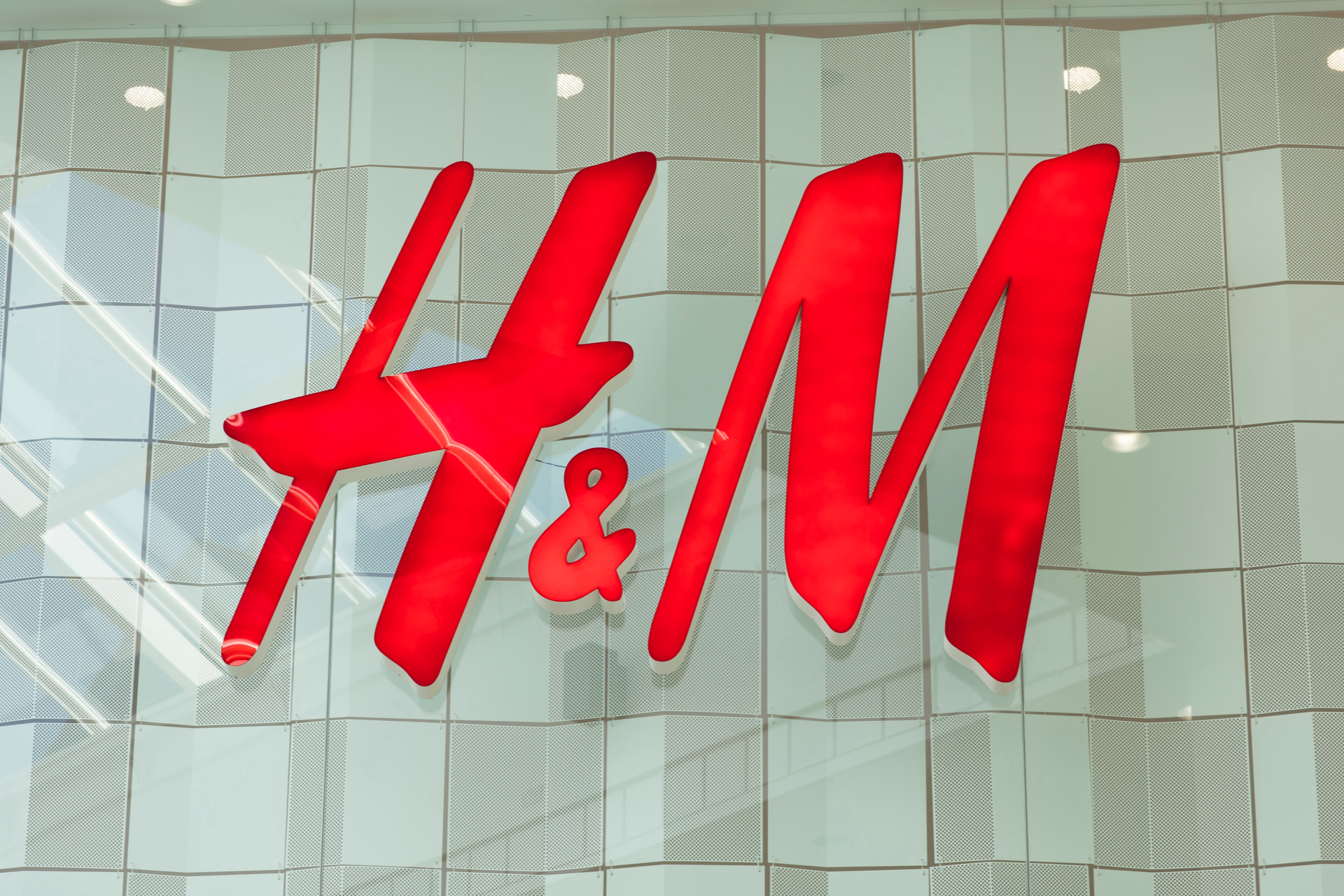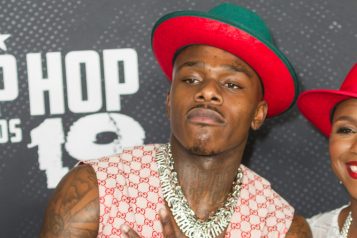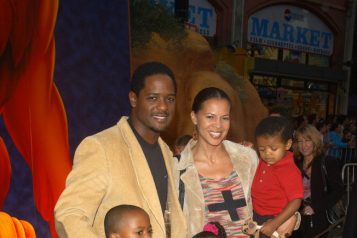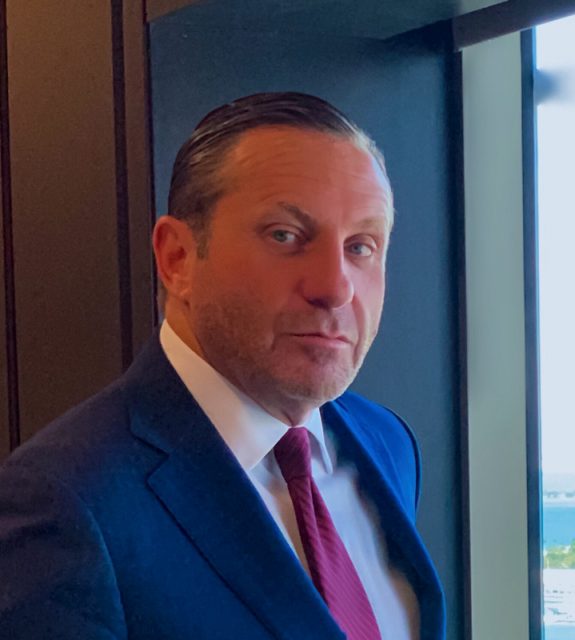The U.S. Supreme Court decided earlier this week that it will hear a California fabric designer’s copyright lawsuit against fast-fashion giant H&M. The suit centers on when copyright registrations should be invalidated because of inaccuracies.

Fabric designer, Unicolors Inc., previously won a nearly $1 million verdict against H&M (Hennes & Mauritz LP) over its unauthorized use of a copyrighted pattern. The Ninth Circuit later overturned the verdict, saying the designer’s copyright registration might have been void. Tuesday, the justices decided to grant certiorari to further review the case.
Unicolors had implored the high court to review that ruling, warning that it empowered courts to void copyrights for “immaterial registration errors” and created a circuit split over how much scrutiny is applied to inaccuracies in documentation.
Unicolors sued H&M in 2016, accusing them of copying a geometric pattern called EH101 and using it on jackets. A jury eventually sided with Unicolors, ordering H&M to pay more than $846,000 in damages and fees.
But last year, the Ninth Circuit overturned that verdict. The appeals court said Unicolors was aware the registration contained inaccuracies, and that a trial court should have referred the case to the U.S. Copyright Office to decide whether those errors negated the copyright’s validity.
In their appeal to the high court, Unicolors argued that courts should only make such referrals when there is evidence of intentional fraud, not merely inaccuracies. Among other exhibits, the company cited a 2008 statute called the Prioritizing Resources Organization for Intellectual Property Act.
“The PRO-IP Act was enacted to stop courts from invalidating copyright registrations based on immaterial registration errors,” the company wrote. “But, the panel here did the opposite, ruling that the PRO-IP Act did not require the long-applied fraud or bad faith standard and consequently made it easier for courts to invalidate copy-right owner’s registrations.”
The company argued that the Ninth Circuit had created a circuit split that meant “copyrighted works have different values in different circuits given the varying scrutiny that each gives to registrations.”
H&M pushed back in April, urging the justices to deny certiorari. The retailer claimed there was “no meaningful split among the circuits” and that the Unicolors registration would fall short under any standard because it had “knowingly misrepresented” information to the Copyright Office.
H&M lead counsel, Staci Riordan, said the retailer looked forward to defending the Ninth Circuit ruling. She stated a referral to the Copyright Office had been justified because a “sophisticated, serial copyright registrant knowingly, and in contradiction of rules, was requesting a copyright registration which contained known inaccuracies.”
Unicolors lead counsel Scott Burroughs praised the court’s decision to grant certiorari.
“An honest mistake in a registration form should not let a blatant infringer off the hook — and before the Ninth Circuit adopted its misguided approach, it never did,” Burroughs said in a statement to Law360. “We expect that the court will reject a rule that makes it harder for artists to vindicate their rights and allows infringers off the hook on technicalities.”
Read more articles from Haute Lawyer, visit https://hauteliving.com/hautelawyer/
Source: https://www.law360.com/articles/1389713/supreme-court-agrees-to-hear-h-m-copyright-case


















